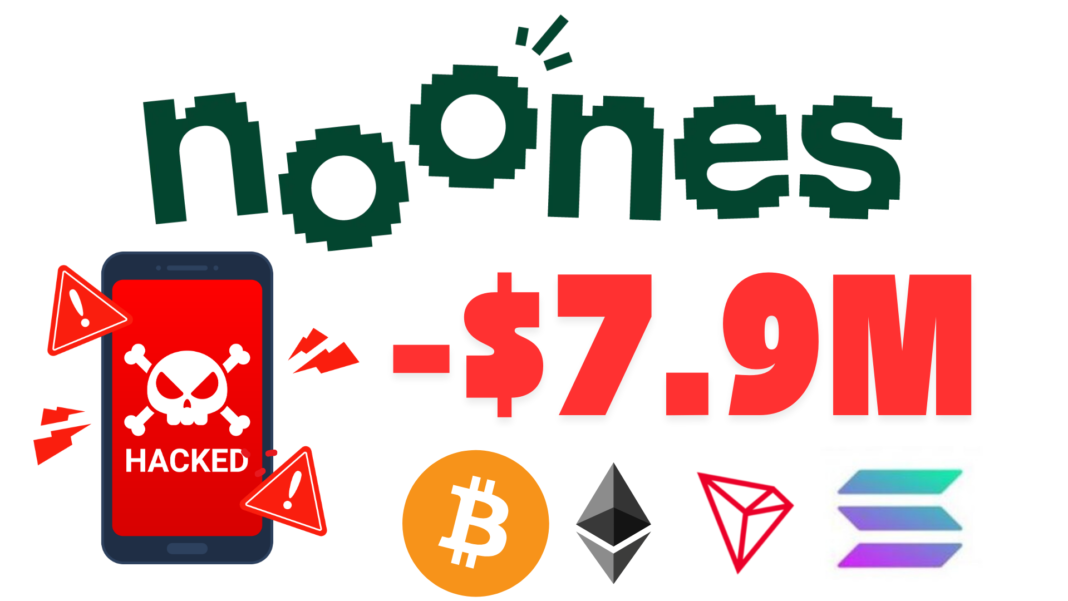In a significant blow to the decentralized finance (DeFi) sector, the peer-to-peer (P2P) trading platform Noones fell victim to a cyberattack between January 1 and 2, 2025.
According to cryptocurrency investigator ZachXBT, the hackers made off with approximately $7.9 million worth of cryptocurrencies across Ethereum, Tron, Solana, and Binance Smart Chain (BSC).
The attack stands out not only for the scale of funds stolen but also for its strategic execution, involving hundreds of small transactions to mask the theft.
The incident highlights persistent security vulnerabilities within DeFi platforms, posing risks to both users and the broader cryptocurrency ecosystem.
Suspicious Transfers and Platform Silence Raise Alarm
The attack was characterized by hundreds of suspicious transactions originating from Noones’ hot wallet, each transfer amounting to less than $7,000, likely an attempt to avoid triggering automated detection systems.
Following the attack, Noones announced platform maintenance but failed to issue a public statement acknowledging the breach or addressing user concerns.
The lack of transparency has fueled anxiety among users, with many demanding accountability and clarity regarding their funds.
Comparisons have been drawn to similar incidents where silence from affected platforms exacerbated user mistrust and harmed platform reputations.
Also Read: WazirX Secures Singapore Court Approval To Repay Unstolen Funds Following $235 Million Hack
Obfuscation Tactics and Fund Laundering via Tornado Cash
After the theft, the stolen funds were bridged to Ethereum and BSC networks, where the hackers deployed Tornado Cash, a privacy-focused protocol, to obscure their movements.
Tornado Cash allows users to mix funds, making it difficult to trace the source and destination of transactions.
The sophisticated laundering technique has become increasingly common in crypto hacks, frustrating investigators and complicating recovery efforts.
The use of advanced tools like Tornado Cash underscores the growing sophistication of cybercriminals targeting the DeFi space.
Broader Implications for Crypto Security and Related Scams
The Noones hack has sent shockwaves through the cryptocurrency industry, sparking renewed concerns about the security of P2P platforms and hot wallets.
The event occurs amid a broader trend of rising crypto-related scams. For instance, Telegram has experienced a 2000% increase in crypto scams in the last 90 days, overtaking traditional phishing hacks.
Meanwhile, other high-profile incidents such as the $70 million Phemex exchange hack, suspected to involve North Korean attackers.
Also, Nasdaq’s X account being hijacked to promote a fake memecoin underscore the growing challenges of securing the crypto ecosystem.
As investigations into the Noones attack continue, market participants are urged to exercise caution and scrutinize platform security measures to mitigate risks.


